
Ramadan–the holy month where Muslims forgo food and drink, including water, from sunup to sundown–is here. One of the five pillars in Islam, this month is one of spiritual discipline and renewal, as Muslims are instructed to spend extra time in worship and try to cut back on bad habits. The fast this year is more rigorous than previous years, because it falls in midsummer; add to that traffic, work, meetings, picking up kids from their summer camp, and it becomes difficult to find ample time to prepare iftar–the post-fast meal. Below are a few ways to make a Ramadan-efficient kitchen.
]
5. Decide what meals you want to cook ahead of time.
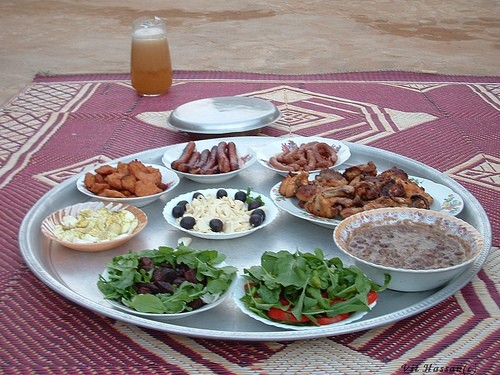
Note them down on a calendar, and stick to preparing those meals. Keep the essentials in cupboards and on shelves that are within your reach to prevent scrambling for specific ingredients. If you're really in for the long haul, prepare certain dishes ahead of time and freeze them. This will save time in the kitchen and maximize time spent in worship, charity efforts, prayer, and so on.
4. Buy in bulk
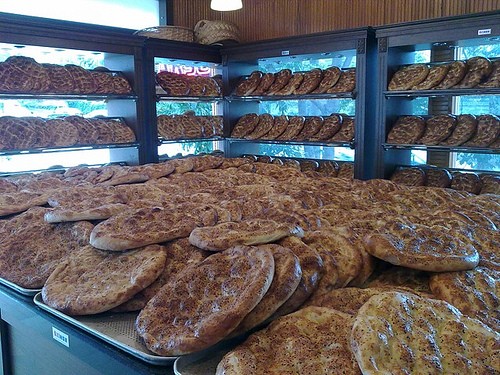
Buy in bulk, but don't overdo it, and seek out fruits and vegetables as needed. We're in the beginning of Ramadan, but it's still not too late to prepare in advance for the rest of the month. Stock up on your most commonly used ingredients–meat, rice, pasta, (pita) bread, oil, spices. List the types of meats and starches, and the amounts of each kind, you will need to make per meal. Buy them, then freeze and label everything. It's tedious. And it saves you the headache, and unwise decision, of picking up groceries on an empty stomach.
[
3. Get your hands on a pressure cooker if you don't have one
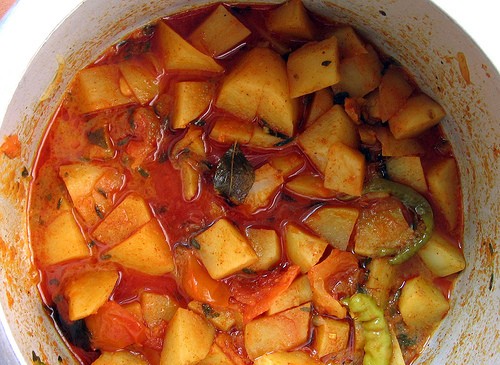
If you haven't caught on by now, it's all about preparation and time management. Enter the pressure cooker, designed to cut cooking time in half by allowing foods to be cooked high humidity and higher temperatures that beat those of traditional boiling and steaming methods. Utilize this genius invention for all of your meats, stews, soups, sauces, casseroles, dips, roasts, rice, risottos, and so on. It's a worthy investment for busy people who appreciate the investment in preparing a hearty dinner, as opposed to habitually devouring pre-packaged, frozen meals. The price for a decent pressure cooker is a little steep, but it's well worth the cost, especially if you get it on sale.
2. Make good use of leftovers
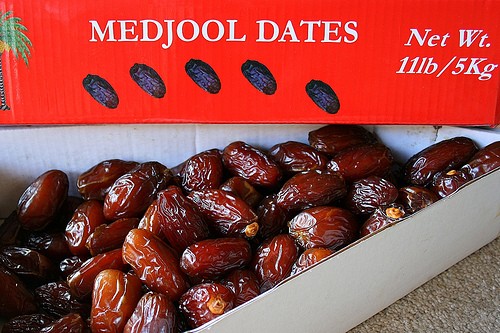
And when there are none, eat simple meals. The Prophet Muhammad used to break his fast with dates, milk, and a subsequent light meal in the spirit of disciplining one's food intake. That's tough to follow, needless to say. Contrary to popular belief, Muslims usually gain weight in Ramadan, and not lose it. So eat simply. Drink soup. Make a sandwich. Eat fruit for dessert. It reduces the amount of greasy pots and pans to in the kitchen sink.
1. Clean while cooking; it leaves more time for praying
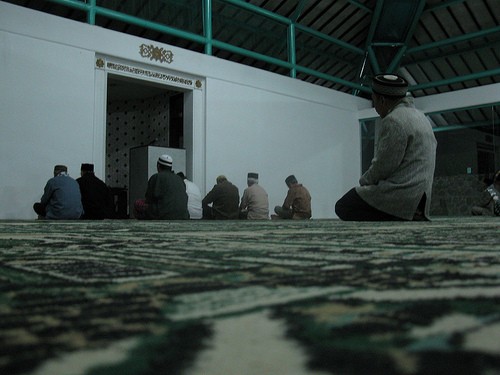
Cleanup is tough during Ramadan, so clean while you cook to spare yourself from a mass of dirty pileups in the sink. Time is truly of the essence this month. There's a small window–around 90 minutes–between sunset prayer and the extended night-time taraweeh prayers. Then we return home and wake up before sunrise a few hours later for suhoor–the pre-fast meal–so organization and efficiency are mighty grand things to master during this month, and the rest of the year for that matter.

